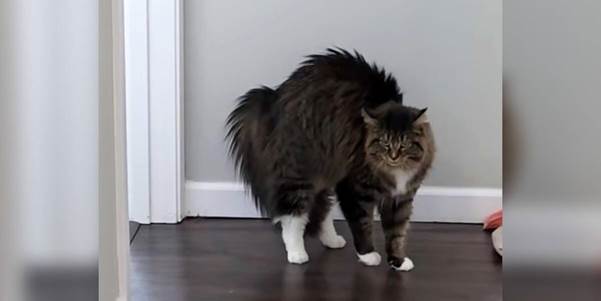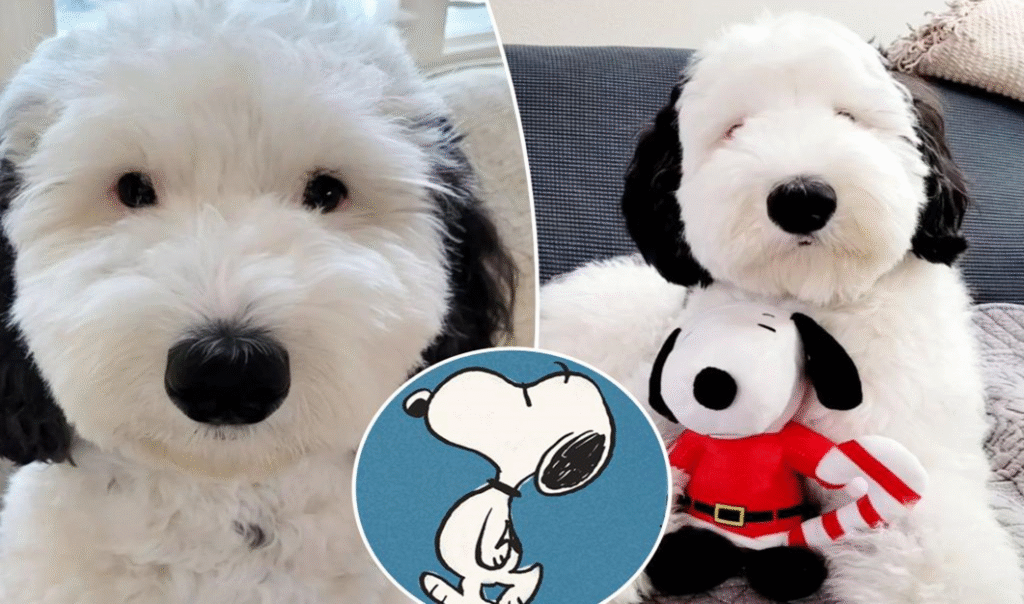Cat Left Shocked After Her Fluffy Dog Friends Come Home Looking Completely Different
When Franzlei Yuson first brought home a little orange-and-white cat named Miso, she wasn’t sure how her new feline companion would fit in with her two energetic Shih Tzus, Pogi and Mika. But within days, any worries disappeared — the trio clicked almost instantly. Miso was curious but calm, and the two dogs were gentle and friendly. Soon, they were sharing toys, curling up for naps on the same couch, and even waiting together by the door when Yuson came home from work.It was, by all accounts, a picture-perfect household — three pets, three personalities, one big, happy fur family. But one afternoon, their harmony was temporarily interrupted — by an unexpected trip to the groomer that left Miso utterly stunned. It was early summer, and temperatures were rising fast in the Philippines, where Yuson lived. The humidity made even short walks uncomfortable for her Shih Tzus, whose thick, fluffy coats had grown wild over the past few weeks. The logical solution? A grooming appointment. Miso, of course, didn’t care much for the fuss. As the dogs were loaded into the car, she perched on the windowsill, flicking her tail lazily and watching them leave. “She’s always been a little queen,” Yuson laughed. “When the dogs go out, she just watches like, ‘You peasants enjoy your errands.’” A few hours later, Yuson returned — and this time, Miso’s royal composure vanished completely. When Pogi and Mika trotted through the door, they were… unrecognizable. Gone were the long, flowing locks of fur that Miso used to snuggle into during naps. Instead, they were neatly shaved, with short, velvety coats that made them look like entirely new animals. Their little faces seemed twice as round, their tails half as fluffy, and their familiar scent — well, that was replaced by the faint smell of shampoo and coconut conditioner. The change was dramatic enough to make Miso freeze mid-step. “She just stopped,” Yuson recalled. “Her eyes got huge, her ears went straight up, and she looked from one dog to the other like she was seeing ghosts.” At first, Miso didn’t move at all. Then, slowly, she crept forward, crouching low to the ground. Her nose twitched as she sniffed the air, and a tiny, confused chirp escaped her throat. It was as if she was thinking, Where did my friends go, and who are these impostors? Pogi, ever the social butterfly, wagged his tail and walked toward Miso, ready to resume their usual nose-boop greeting. Mika followed, a little more cautious but still wagging. That was when Miso hissed. It wasn’t an aggressive hiss — more like a startled warning. Her fur puffed up slightly, and she took a few quick steps backward, staring at them in disbelief. Her tail swished side to side in an unmistakable sign of feline judgment. “She just couldn’t handle it,” Yuson said, laughing. “She hissed at them, then ran and hid behind the sofa. She clearly thought I’d brought home two strange creatures pretending to be her friends.” For the rest of the evening, Miso refused to come out. She peeked from behind furniture, eyes darting suspiciously every time one of the dogs moved. Meanwhile, Pogi and Mika were thoroughly confused. They wagged their tails, whined softly, and even brought her toys — but the cat wasn’t having it. “It was like she thought they were aliens,” Yuson said. “She’d peek around a corner, see them, and jump back like she’d seen a monster.” Slowly Recognizing Her Friends Again The next day, Miso’s curiosity started to outweigh her fear. When Yuson sat on the couch with both dogs, Miso emerged cautiously from her hiding spot, keeping a safe distance at first. She circled around them several times, sniffing the air, tail twitching as she analyzed the situation. She could smell the same faint hint of her old friends beneath the fresh shampoo scent. Her ears twitched as she caught familiar sounds — the way Mika’s tags jingled and the soft snorts Pogi made when he was excited. You could almost see the realization dawning on her furry little face. “It’s like she was connecting the dots,” Yuson said. “She’d sniff one, then the other, and then just sit there staring like, ‘Wait… it is you!’” Miso took her time, but within a few hours, she was back to sitting in the same room with them — still a little cautious, but no longer scared. By the following morning, she had completely forgiven them for their “transformation.” Once Miso decided that her friends were, in fact, her friends, life in the Yuson household returned to its usual rhythm. The three of them were soon playing together again, with Miso once more reclaiming her favorite spot between the two dogs during nap time. But the entire experience left Yuson in stitches. “I couldn’t stop laughing,” she said. “I wish I’d caught the whole thing on camera — Miso’s face was priceless. She went from horrified to curious to relieved, all in one day.” Since then, grooming day has become something of a running joke in the family. Whenever Yuson mentions a trip to the groomer, Miso’s ears twitch, and she seems to glare as if remembering that day of chaos and confusion. “I think she’s permanently suspicious now,” Yuson joked. “Like she’s wondering when her roommates are going to disappear and come back as completely different animals again.” Animal behaviorists say Miso’s reaction is actually very common. Cats rely heavily on scent and appearance to recognize their companions. When a pet comes home from the groomer, smelling different and looking strange, it can trigger confusion or even mild panic. “From a cat’s perspective, it’s like their friend’s body is there, but their smell and fur aren’t,” explained Dr. Claire Watson, a veterinarian specializing in animal behavior. “It takes them a bit of time to realize that it’s the same animal underneath.” Some cats will hiss, avoid the freshly groomed pet, or even act fearful for a few
Cat Left Shocked After Her Fluffy Dog Friends Come Home Looking Completely Different Read More »











